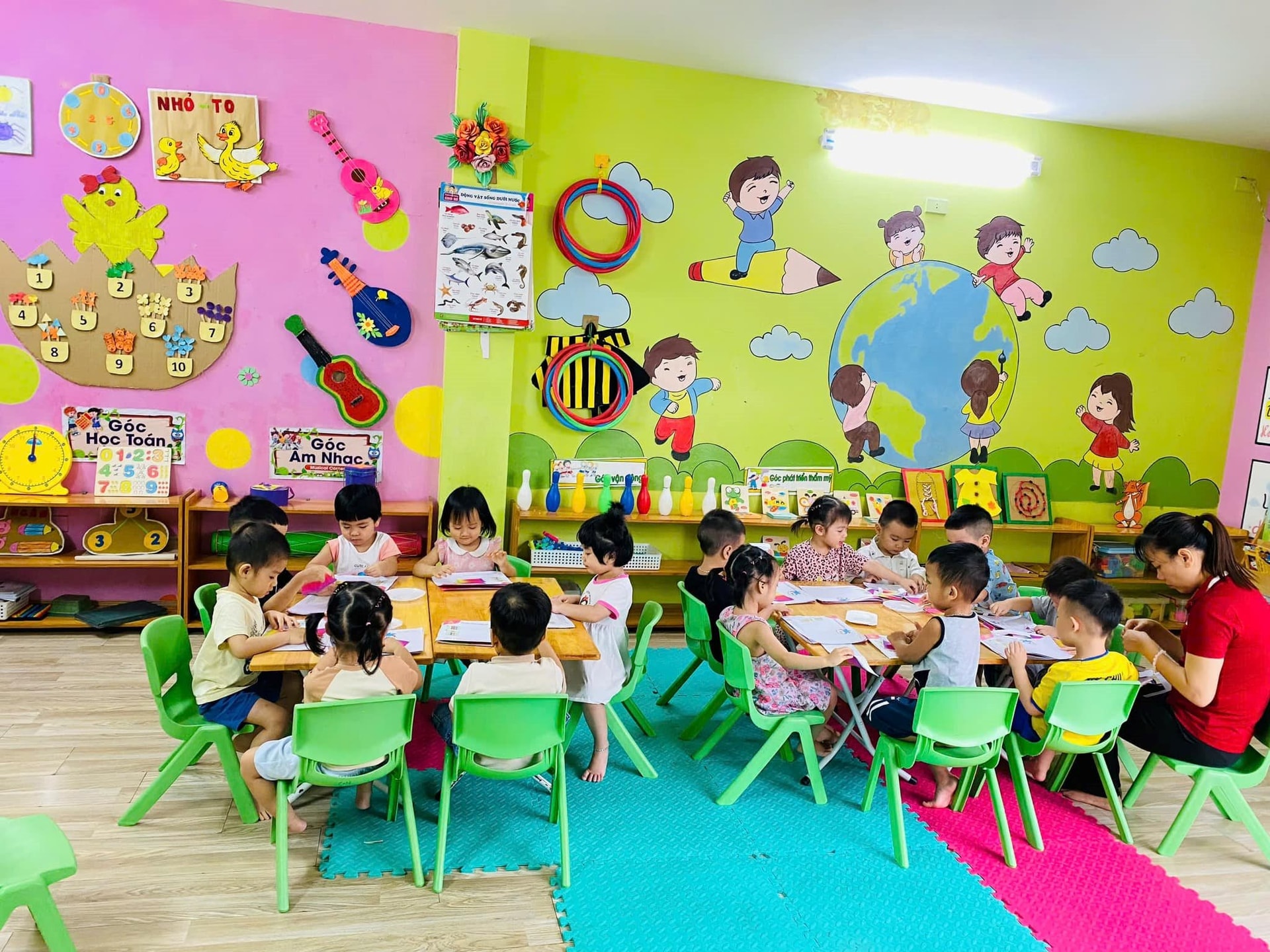
Support preschool education in industrial zones
According to the summary data of the 2023-2024 school year, the country currently has 15,256 preschools, including 12,072 public schools and 3,184 non-public schools (21%), in addition to 17,444 private and independent preschools. The mobilization rate of nursery children is 34.6%, and preschool children is 93.6%.
In 221 district-level units with industrial parks, there are 13,137 preschool education facilities. These facilities mobilize more than 1.8 million children, of which the proportion of children of workers working in industrial parks accounts for about 21.5%.
Support policies for preschool education in industrial zones have contributed to improving the quality of nurturing, caring for, and educating preschool children at private independent preschools, reducing difficulties for workers and laborers working in industrial zones, and contributing to ensuring the quality of preschool education in this area.
Besides the advantages and results, according to Ms. Hoang Thi Dinh, there are still many difficulties in developing preschool education for urban areas and industrial parks, such as: Planning work is not suitable for the needs of workers and laborers; the quality of nurturing, caring for and educating children still has some limitations, especially for children in kindergartens; the policy mechanism to promote socialization of preschool education development is not strong enough; some localities have not clearly promoted the role of departments, branches and unions in supporting the education sector in monitoring, managing and supporting the activities of preschools, especially private independent preschools.
Ms. Luong Thi Bieu, Head of the Preschool Education Department, Bac Ninh Department of Education and Training, said: The locality has many industrial parks and workers from other localities. By the end of the 2023-2024 school year, Bac Ninh province will have 117 preschools and 220 independent preschool education facilities. A total of 25,132 preschool children are children of workers working in industrial parks.
The province has had many policies to support socialization, investment in construction and development of preschool education. Thanks to that, the scale of the preschool education network is increasingly expanding, improving quality, meeting the needs of children of industrial park workers... However, the locality still has difficulties in building high-quality private preschools, recovering invested equipment from inactive preschools, and uneven quality of teachers...
Quality improvement solutions
Proposing solutions to develop preschool education facilities and improve the quality of child care and education in urban areas and industrial zones, Prof. Dr. Nguyen Quy Thanh, Principal of the University of Education, Vietnam National University, Hanoi said: It is necessary to specifically calculate the population and population quality to have appropriate policies and diversify the forms of organizing educational types. In particular, it is also necessary to pay attention to the group of family nannies. This team will reduce pressure on public facilities but needs to be trained and fostered before they can operate.
Associate Professor, Dr. Nguyen Thi My Trinh, Director of the Center for Preschool Education Research, Vietnam Institute of Educational Sciences, said that it is necessary to call for social responsibility in participating in the development of preschool education; training a team of quality teachers to serve children under 12 months of age in early education and personal development.
Prof. Dr. Nguyen Van Minh, former Principal of Hanoi National University of Education, suggested that there should be a general forecast of the labor situation, the number of children, the need for facilities, preschool teachers in each locality, the number of migrants, the number of workers’ children who need to be sent to daycare after hours, etc. to have practical solutions. At the same time, it is necessary to clearly state the responsibilities of ministries and branches to coordinate implementation effectively.
Regarding this issue, Deputy Minister of Education and Training Nguyen Thi Kim Chi informed that in the past 10 years, with the attention of the Party and the State, there have been many documents regulating support mechanisms to promote the development of preschool education in industrial zones - where there are many workers and support policies for children of workers working in industrial zones. This contributes to solving difficulties in preschool education in this area, helping workers and laborers feel secure in their work and production. Currently, the country has 59/63 provinces/cities with industrial zones, most of which are concentrated in urban areas, where there are many workers and high demand for preschool education services.
However, there are still many difficulties in developing preschool education in these areas such as: Planning and development of preschool facilities in urban areas and industrial parks are not suitable for the needs of workers and laborers; the quality of nurturing, caring for and educating children still has some limitations, especially for children in kindergartens. The policy mechanism to promote the socialization of preschool education development in urban areas and industrial parks is not strong enough; policies for children and teachers in areas with industrial parks and places with a large concentration of laborers are still low and do not cover all subjects. Some localities have not clearly promoted the role of departments and branches in supporting the education sector in monitoring and managing the activities of preschool facilities, especially in the private sector.
Deputy Minister Nguyen Thi Kim Chi also said that the Ministry of Education and Training is coordinating with ministries and branches to advise on the development of the Project "Improving the quality of preschool education in urban areas and industrial zones in the period of 2024 - 2030, with a vision to 2045". In the process of completing the project, the Ministry of Education and Training will consult more opinions, survey, and evaluate more accurately and closely, in the context of many changes in industrial parks, export processing zones, and urban areas, so that low-income people can access policies and services that are suitable to the practical needs of workers.
Source: https://daidoanket.vn/quan-tam-cham-soc-giao-duc-tre-mam-non-10291338.html


![[Photo] Closing of the 4th Summit of the Partnership for Green Growth and the Global Goals](https://vstatic.vietnam.vn/vietnam/resource/IMAGE/2025/4/17/c0a0df9852c84e58be0a8b939189c85a)
![[Photo] Nhan Dan Newspaper announces the project "Love Vietnam so much"](https://vstatic.vietnam.vn/vietnam/resource/IMAGE/2025/4/17/362f882012d3432783fc92fab1b3e980)
![[Photo] The beauty of Ho Chi Minh City - a modern "super city" after 50 years of liberation](https://vstatic.vietnam.vn/vietnam/resource/IMAGE/2025/4/18/81f27acd8889496990ec53efad1c5399)

![[Photo] National Assembly Chairman Tran Thanh Man meets with outstanding workers in the oil and gas industry](https://vstatic.vietnam.vn/vietnam/resource/IMAGE/2025/4/17/1d0de4026b75434ab34279624db7ee4a)
![[Photo] Promoting friendship, solidarity and cooperation between the armies and people of the two countries](https://vstatic.vietnam.vn/vietnam/resource/IMAGE/2025/4/17/0c4d087864f14092aed77252590b6bae)
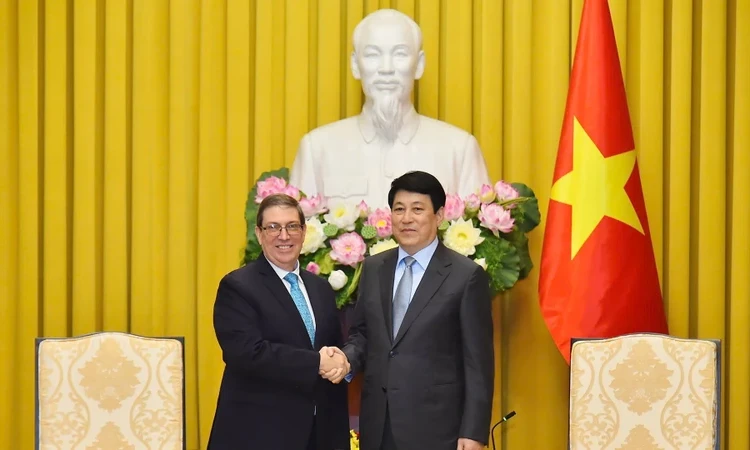


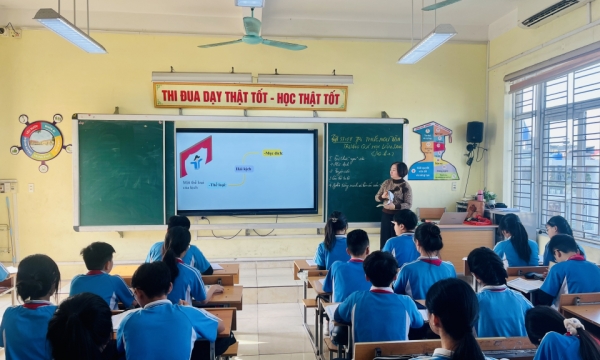
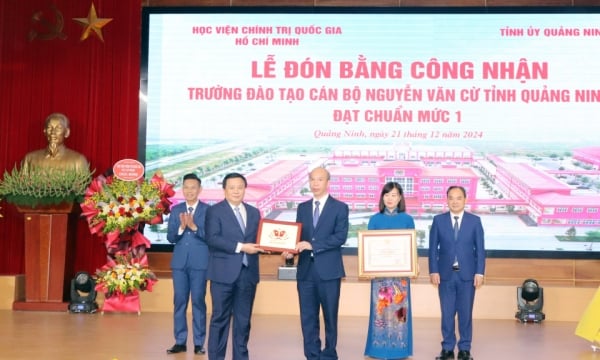

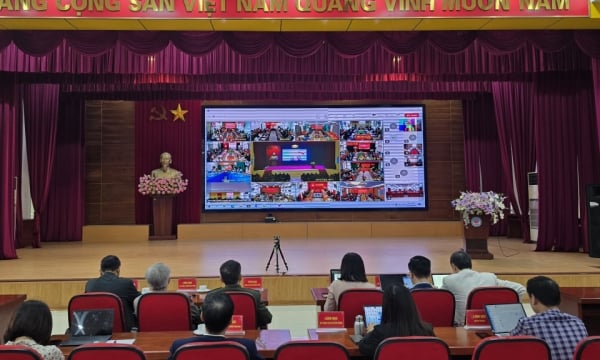
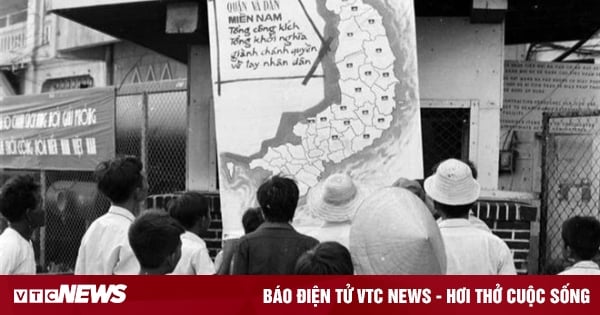



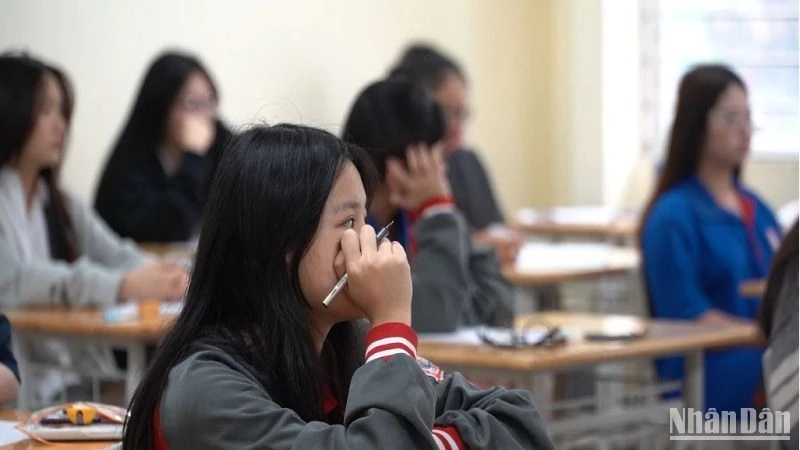






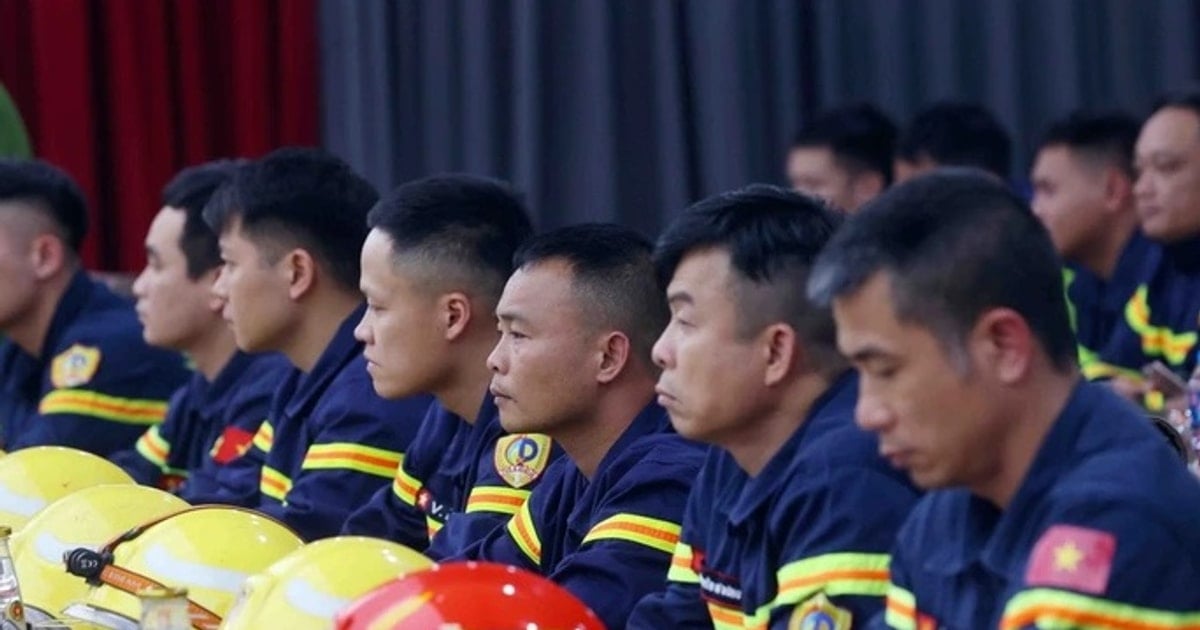
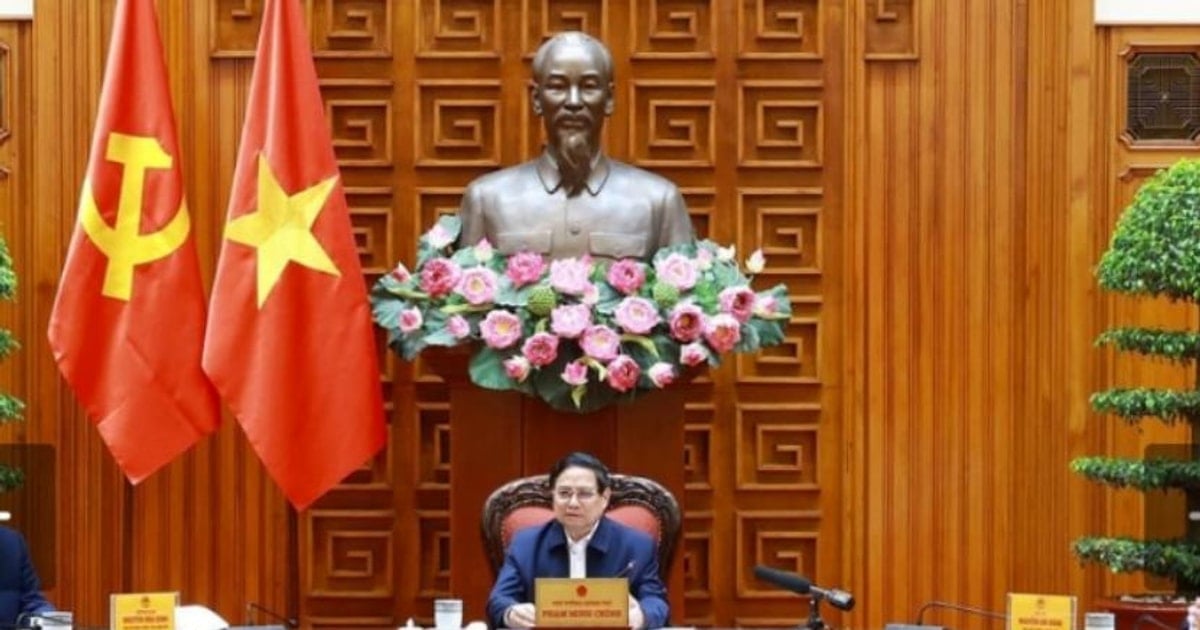

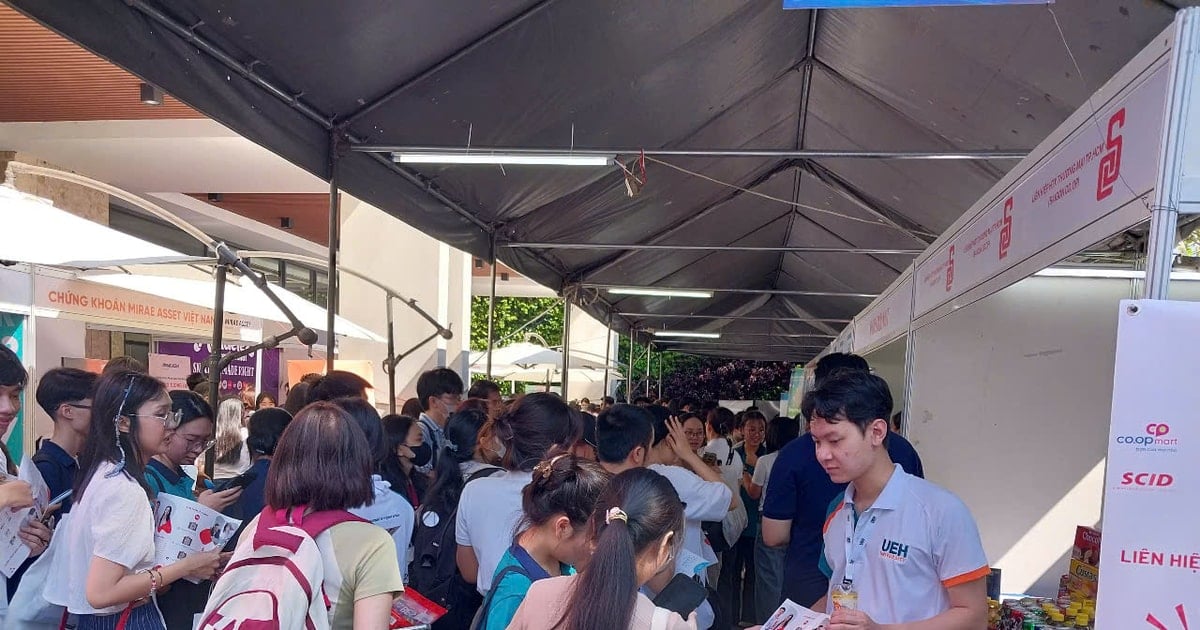

![[Photo] General Secretary To Lam receives French Ambassador to Vietnam Olivier Brochet](https://vstatic.vietnam.vn/vietnam/resource/IMAGE/2025/4/17/49224f0f12e84b66a73b17eb251f7278)




























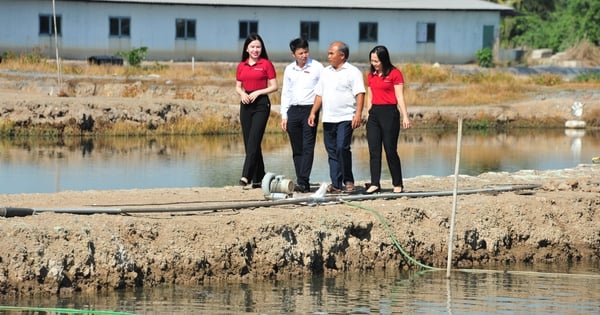

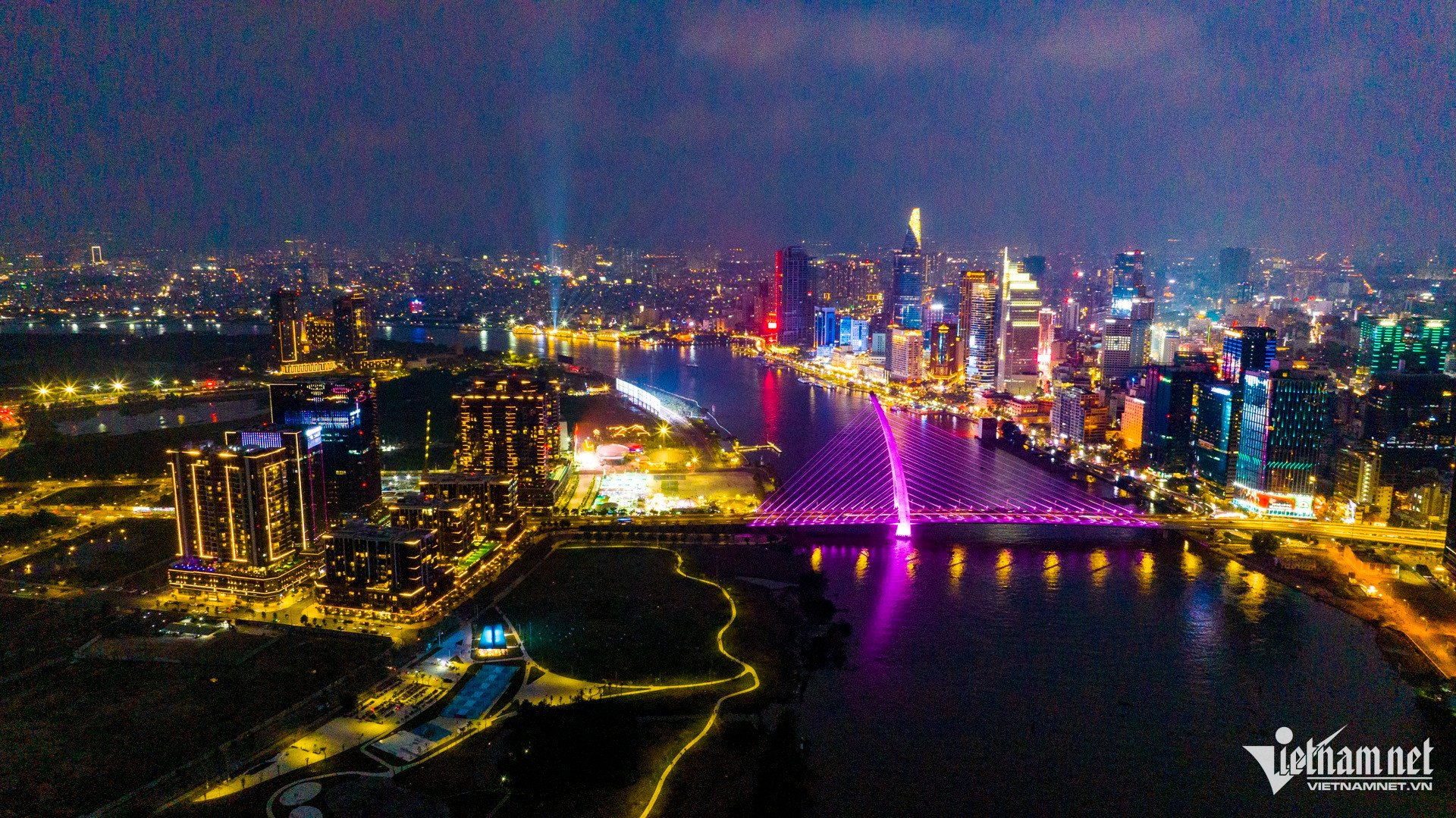

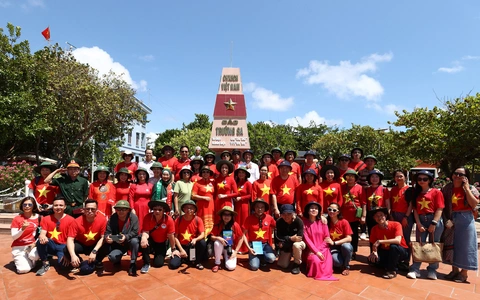

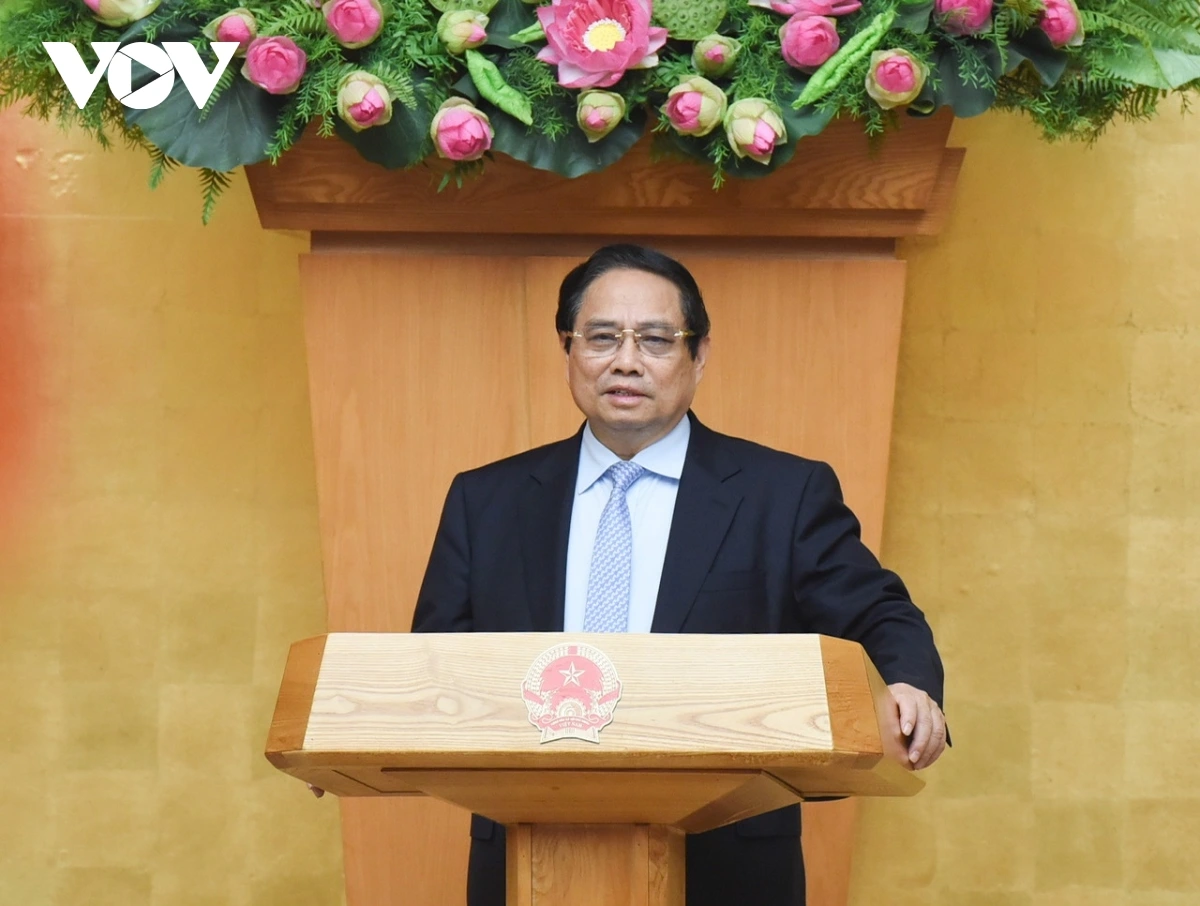






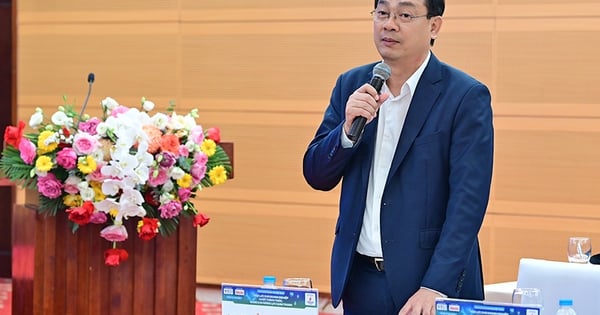
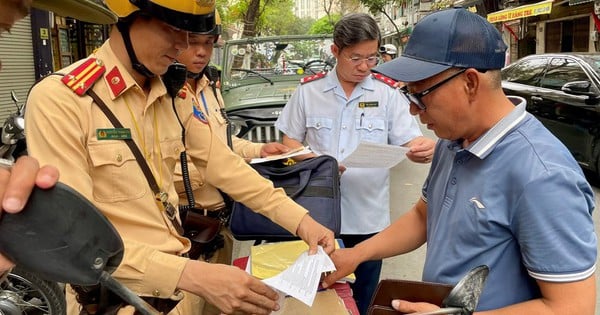





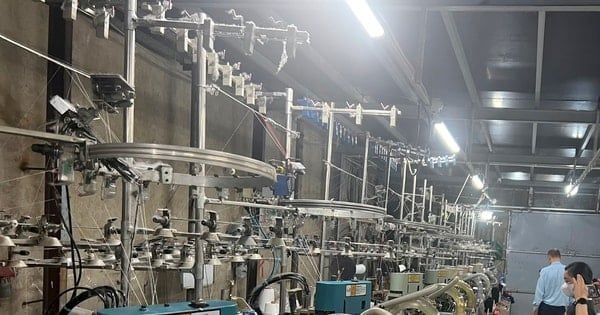



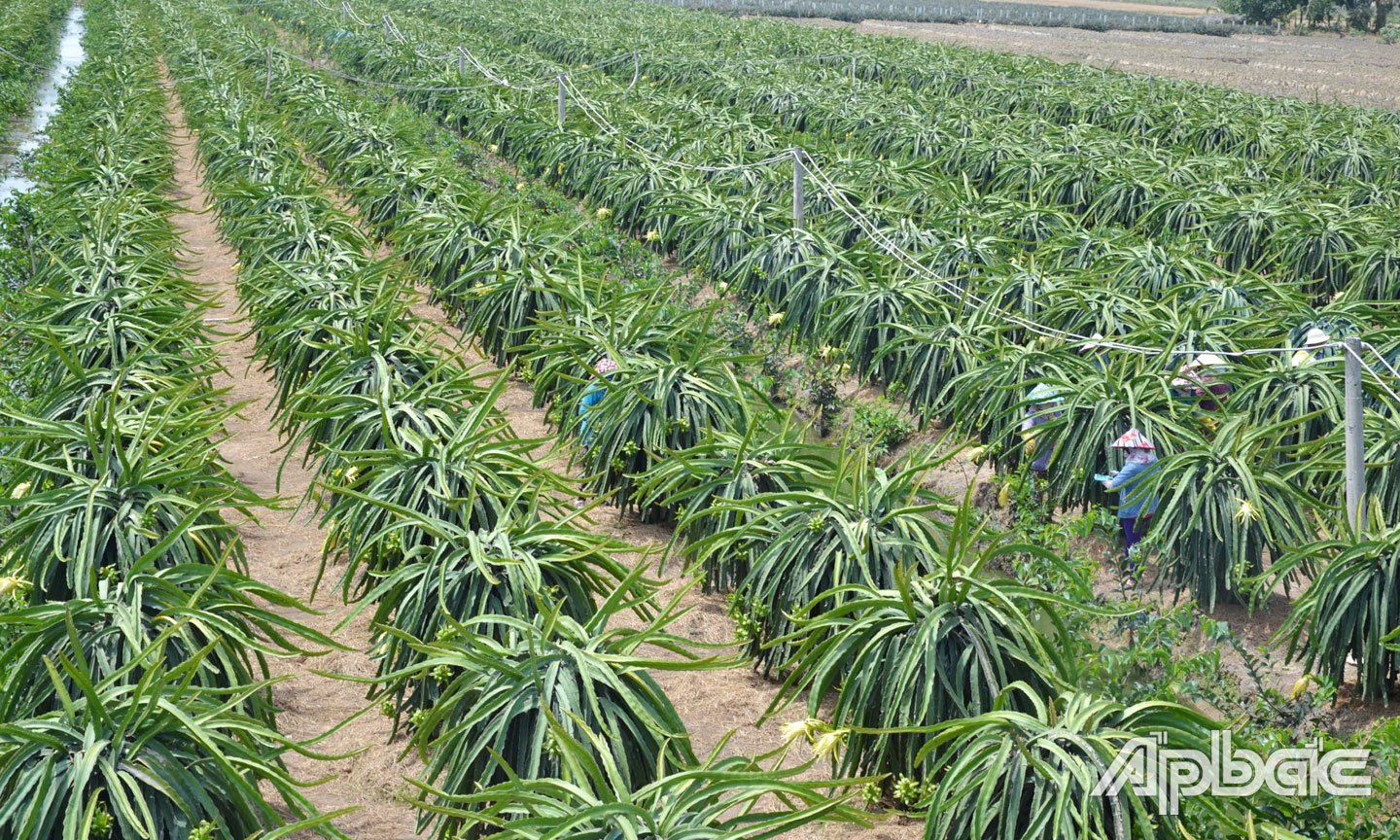

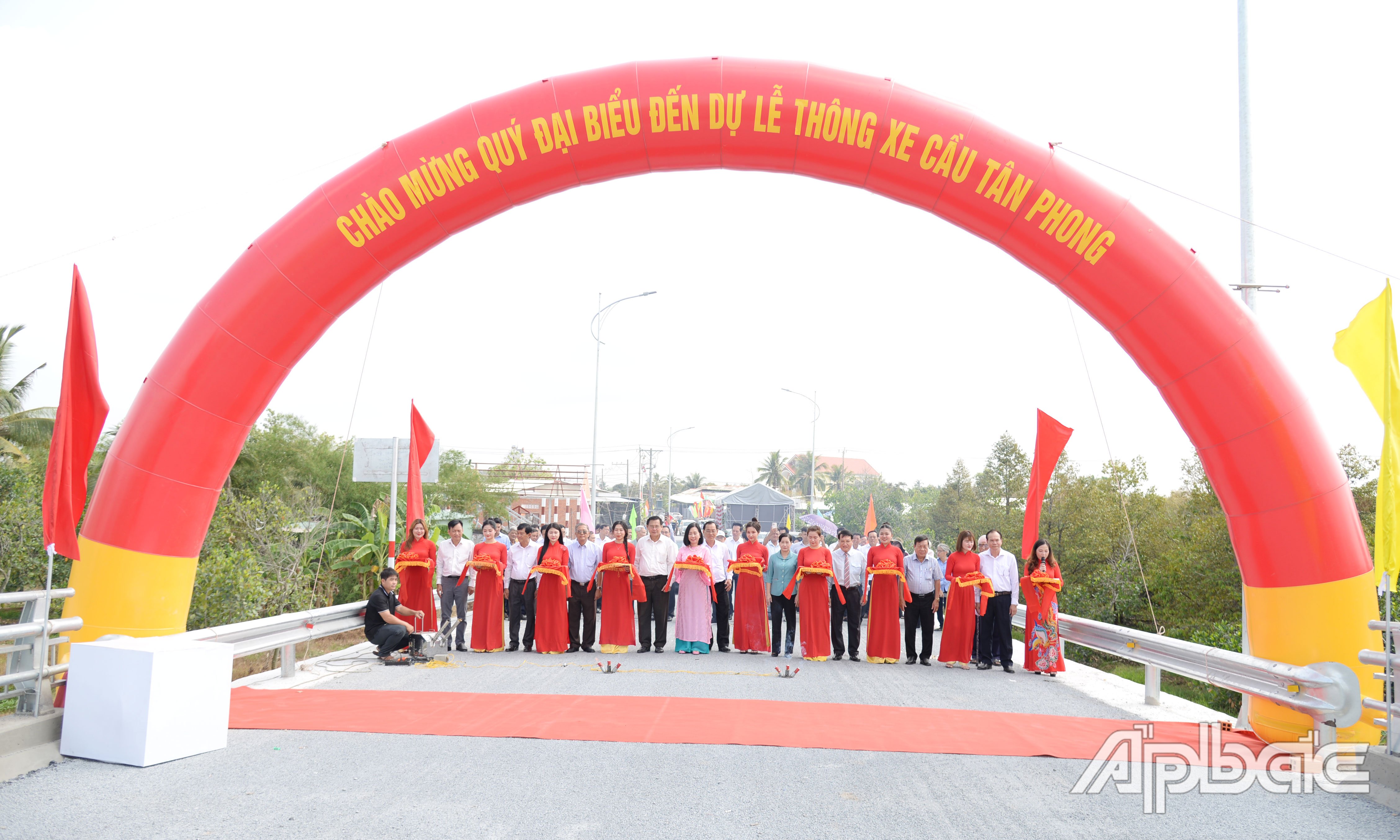
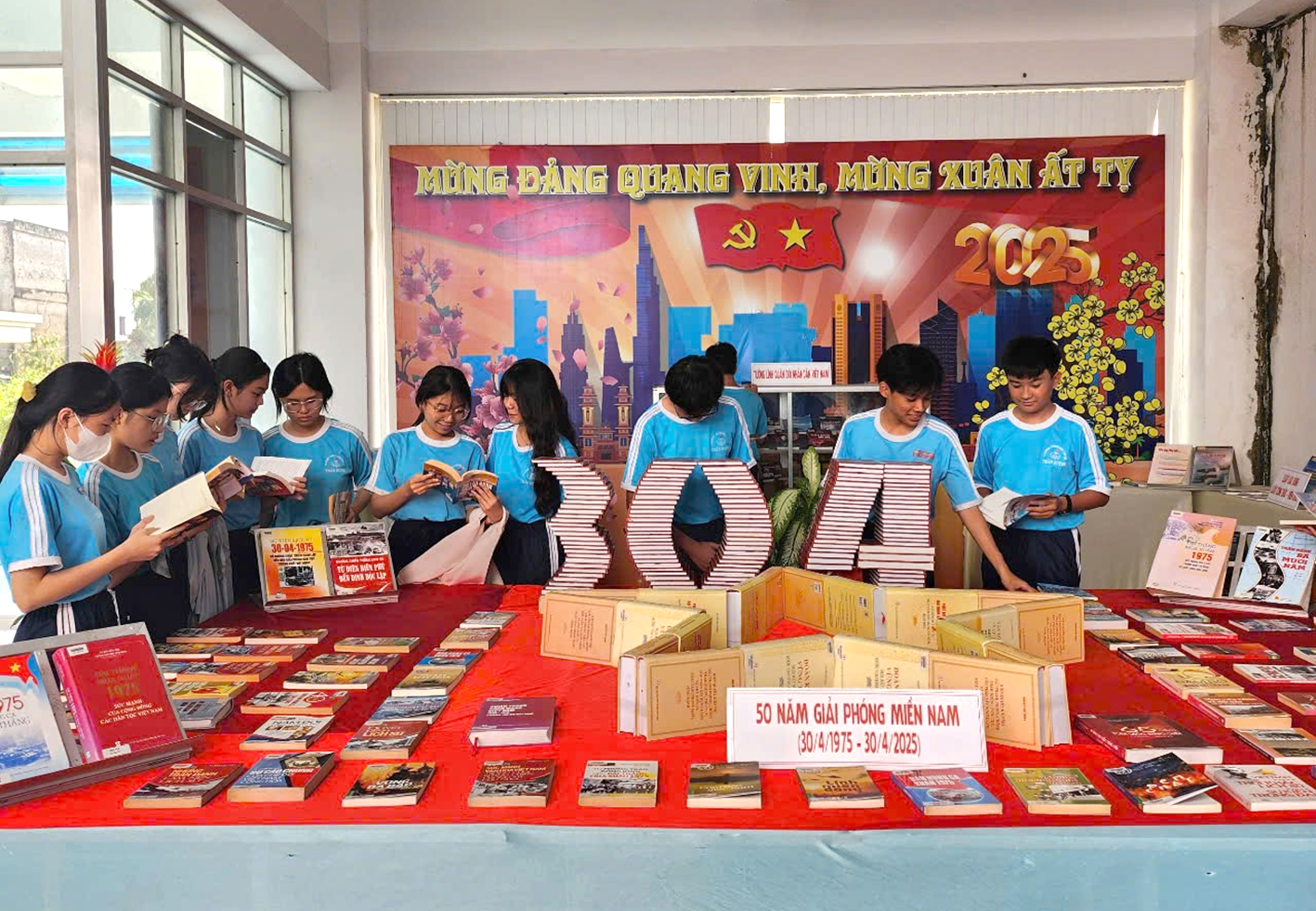









Comment (0)